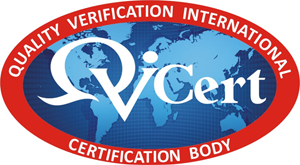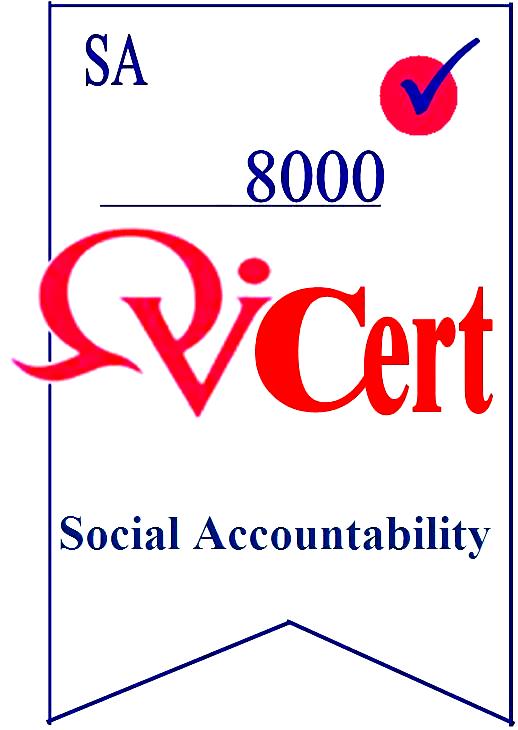
SA 8000
International workplace-quality standard based on the concept of social accountability, its major objective is to ensure application of ethical practices in hiring and treatment of employees and in production of goods and services. Released in 1997 by the New York (USA) based non-profit body social accountability International (SAI), it relies on the codes-of-conduct affirmed by International Labour organization (ILO), the Universal Declaration of Human Rights, and UN Convention on The Rights of a Child. Founded on the principles of transparency, credibility, and verification, it is said to be the first global ethical standard and appropriate for any type of organization regardless of the country, industry, or size. Although not an ISO standard, SA 8000 is modeled on similar accreditation and certification schemes,and provides the requirements and audit methodology evaluate and improve workplace conditions.
Maintainance of social accountability has important human aspect, which presents the ethics and social level of the organisation. Increasing of social accountability has important economic meaning because solving of questions related to social accountability management system, with creation of favourable working conditions and working relations brings optimalization of a working process with positive economic effect.

